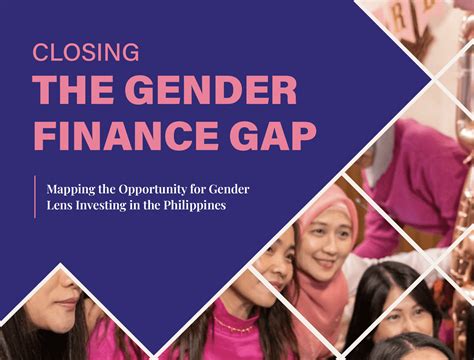Unpacking the Male Financial Burden in Social Settings
In countless social scenarios, from casual outings to more formal gatherings, an unspoken dynamic often surfaces: the expectation, or at least the feeling, that men should financially contribute, sometimes disproportionately, even when others don’t explicitly share this sentiment. This phenomenon isn’t always overt; it’s frequently a subtle undercurrent, a deeply ingrained social script that can place a unique financial and emotional burden on men.
This article delves into the various facets of this intriguing social quandary, exploring why men might feel this obligation, how it manifests in different social contexts, and the implications it has for modern relationships and personal finances. It’s a question that touches upon traditional gender roles, evolving social norms, and the delicate balance of individual financial comfort versus perceived group harmony.

Roots of the Expectation: A Historical and Cultural Lens
The origins of this perceived male financial responsibility are deeply rooted in historical and cultural narratives. Traditionally, men were often seen as providers, a role that extended beyond the household into social interactions. Concepts of chivalry, gentlemanly conduct, and the desire to impress or care for others have historically dictated that men would take on the financial lead in social settings, particularly when inviting or hosting.
From the first date to family celebrations, the act of “picking up the tab” became synonymous with respect, generosity, and even social status. While many of these traditional roles are being redefined in contemporary society, the echoes of these expectations can still resonate, influencing how individuals, both men and women, perceive financial contributions in group settings.

Modern Socializing: Shifting Tides and Persistent Pressures
Today, with increasing financial independence across genders and a broader push for equality, many social norms are evolving. Yet, the old scripts don’t vanish overnight. Men may find themselves in a nuanced position: on one hand, societal conversations advocate for shared responsibilities; on the other, subtle cues or ingrained habits still push them towards the provider role in social financial matters. This can be particularly pronounced in situations where the group dynamic is undefined, or where there’s a mix of individuals with varying financial philosophies.
Whether it’s splitting a restaurant bill, contributing to a gift pool, or covering a round of drinks, the internal pressure for a man to step forward can be significant. This isn’t always about a conscious demand from others but often an internal dialogue driven by a desire to avoid awkwardness, maintain a positive image, or simply adhere to what they perceive as unspoken social protocol.

The Internal Compass: When Obligation Meets Disparity
The core of the issue often lies in the internal feeling of obligation rather than an explicit external demand. Men might worry about being perceived as cheap, ungenerous, or not “man enough” if they don’t offer to pay or contribute more. This can lead to them shouldering a disproportionate financial load, especially if others in the group genuinely do not expect it or are comfortable with a more equitable split.
This internal pressure can be exacerbated by a lack of clear communication within social groups about financial expectations. Without explicit agreements, individuals often fall back on assumed norms, which for many men, default to being the primary contributor. The psychological toll of this can range from mild resentment to significant financial strain, particularly for those with limited budgets.

Navigating the Unspoken: Strategies for Financial Equity
Addressing this subtle but pervasive issue requires a blend of self-awareness, communication, and a willingness to challenge outdated norms. For men who feel this pressure, it’s crucial to distinguish between genuine generosity and an obligation driven by societal conditioning. Here are a few strategies:
- Initiate Clear Communication: Before an event, a simple, “How should we handle the bill?” or “Let’s plan to split this evenly” can set a clear expectation.
- Embrace Technology: Apps for splitting bills (like Venmo, Splitwise) make equitable contributions easy and less awkward.
- Lead by Example: Normalize “going Dutch” or contributing proportionally. This can help shift the group’s overall dynamic over time.
- Set Personal Boundaries: Understand your own financial comfort level and politely decline to contribute beyond what you’re comfortable with, especially if you know others don’t share the same expectation.
- Observe Group Norms: Pay attention to how the group typically handles expenses. If others are comfortable with an even split, there’s no need to overextend yourself.

Conclusion: Fostering Balanced Social Contributions
The question of how often men feel the need to financially contribute to social events where others don’t share the same expectation is complex, woven into the fabric of history, culture, and individual psychology. While the era of strict gender-based financial roles is fading, the residual feelings of obligation persist. By fostering open communication, embracing modern tools, and consciously challenging outdated assumptions, social groups can move towards more equitable and comfortable financial dynamics, ensuring that generosity stems from choice, not just ingrained pressure.




